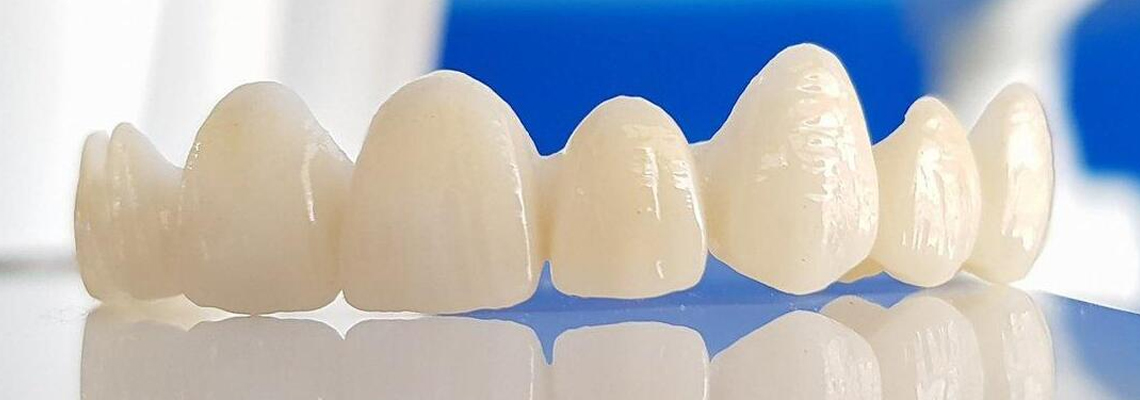Xerostomia is the medical name for dry mouth. It is described as having little or no saliva flow. Dry mouth is not a sickness in and of itself; rather, it is a sign of various illnesses or a side effect of several treatments and therapies.
It is difficult to determine the prevalence because estimates range from 0.9% to 64.8% of the general population. We have created an information sheet on symptoms, treatment, and potential problems with the assistance of our dental specialists.
Causes of Dry Mouth:
- Chemotherapy
- Radiotherapy
- Unmanageable diabetes
- Hormonal adjustments
- Nerve injury
- Dehydration
- Pregnancy
- Lifestyle
- Certain medicines and drugs, and illnesses such as HIV/AIDS, Alzheimer’s, anaemia, cystic fibrosis, rheumatoid arthritis, Sjögren’s syndrome, hypertension, Parkinson’s disease, stroke, and measles.
It’s extremely probable that someone undergoing cancer treatment, particularly in the head and neck areas, may have dry mouth at some point. Other bodily components are severely harmed by the accompanying operations. Almost everyone who has Sjögren’s illness will also have xerostomia.
More than 400 regularly marketed OTC and prescription medications in the US have been shown to cause or hasten the onset of dry mouth. Antidepressants, pain relievers, antihistamines, decongestants, and other medications are associated with this adverse effect. If someone habitually consumes a combination of things, dry mouth is considerably more likely to happen.
The most significant patient-controlled variables are alcohol use, smoking, and open-mouth breathing, particularly at night. Avoiding these behaviours is a crucial component of treating xerostomia.
Symptoms of Dry Mouth:
The following are signs of dry mouth you can look for:
- Stickiness, dryness, or throat- and mouth-burning
- Difficulty swallowing, speaking, or chewing
- A weakened perception of flavour
- Split lips, aversion to spicy, salty, or sour meals and beverages (especially the corners)
- A tongue with a rough
- Mouth ulcers
- Swelling in the mouth
- A scratchy throat
- Poor breath
- Wear and tear on dentures
- Chronic thirst
- Snoring
Only a few of these symptoms may be present in you. However, a variety of issues with oral health are linked to dry mouth. Take action before you are faced with a more serious issue.
Why is Saliva Essential for Maintaining Good Health?
Saliva does more than only keep the mouth wet. It must be cleansed, and guarded against bacterial and fungal diseases, and food must be digested. Its absence can cause serious decay, demineralization, tooth sensitivity, and infections in the mouth. Because of this, it’s critical to recognize the threat posed by dry mouth.
Additional oral problems include:
- Periodontal disease
- Thrush
- Malnutrition
- Not being able to wear dentures
- Wounds
- Sores
How Can I Stop Having a Dry Mouth?
The majority of treatment focuses on symptom management. While certain tasks may be completed at home, it’s also crucial to visit the dentist. Also detectable during twice-yearly exams is dry mouth.
Are You Looking For Dental Implants
Click on the links below to learn more about the approximately $50,000 savings option for Dr. Motiwala’s packages.
- Full mouth dental implants & Cost of Treatment
- Smile Makeover & Cost of Treatment
- Watch 100’s of Testimonials from our International Patients
Make An Appointment!
If you’re interested in finding out more about dental implants and how they could enhance the strength, durability, and appearance of your smile, get in contact with us right now. To book a consultation with the Dr. Motiwala Dental Clinic & Implant Center staff and learn more about the procedure, call +91 99596 14584. You may contact one of our experts by clicking the banner below and filling out the contact form on our website’s Contact Us page.






















